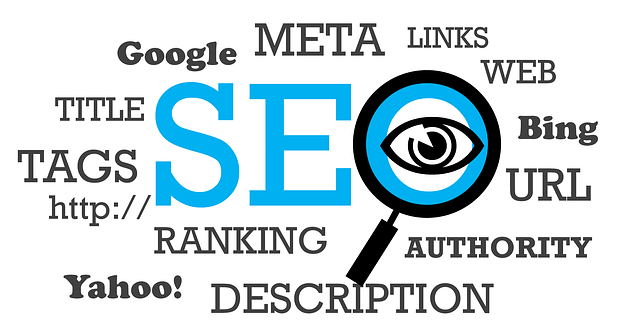July 28, 2023

SEO, or Search Engine Optimization, refers to the process of optimizing your website or online content to improve its visibility and rankings in search engine results pages (SERPs). Implementing SEO best practices can help increase organic traffic to your website and improve its overall performance. Here are some essential SEO best practices to consider:
Keyword Research: Identify relevant keywords and phrases that your target audience uses to search for content related to your business. Use tools like Google Keyword Planner, SEMrush, or Ahrefs to find valuable keywords with reasonable search volumes and low competition.
High-Quality Content: Create valuable, relevant, and engaging content that addresses the needs and interests of your audience. Aim to provide in-depth information, solve problems, and offer unique insights to establish authority in your industry.
Title Tags and Meta Descriptions: Write compelling title tags and meta descriptions for each webpage. These elements appear in search results and can significantly influence click-through rates (CTR).
URL Structure: Use descriptive and user-friendly URLs that reflect the content of the page. Avoid long strings of numbers or symbols in your URLs.
Mobile Optimization: Ensure that your website is mobile-friendly and responsive. With the majority of internet users accessing the web through mobile devices, mobile optimization is crucial for SEO.
Page Speed: Optimize your website's loading speed. Faster-loading pages provide a better user experience and can positively impact your search engine rankings.
Header Tags (H1, H2, etc.): Organize your content using header tags to create a logical structure for both users and search engines. Properly formatted headers make it easier for search engines to understand the content's hierarchy.
Internal Linking: Link to other relevant pages within your website using descriptive anchor text. Internal linking helps search engines discover and understand the relationships between your content.
External Linking: When appropriate, link to reputable and authoritative external sources. This can add credibility to your content and help search engines better understand your content's context.
Image Optimization: Use descriptive file names and alt tags for images to make them more accessible to search engines. Additionally, optimize image sizes to improve page load times.
Secure Website: Obtain an SSL certificate to ensure your website is served over HTTPS. Secure websites are preferred by search engines and can boost your rankings.
User Experience (UX): Prioritize user experience throughout your website. Easy navigation, clear calls-to-action, and a clean design contribute to better user engagement and satisfaction.
Regular Content Updates: Keep your website fresh with new content and regular updates. Fresh content can attract returning visitors and indicate to search engines that your site is active and relevant.
Social Media Integration: Use social media platforms to promote your content and engage with your audience. Social signals can indirectly impact your search rankings.
Monitor and Analyze Performance: Use tools like Google Analytics and Google Search Console to track your website's performance, identify areas for improvement, and measure the success of your SEO efforts.
Remember, SEO is an ongoing process, and staying up-to-date with the latest trends and algorithm changes is essential to maintain and improve your website's visibility and rankings in search engines.